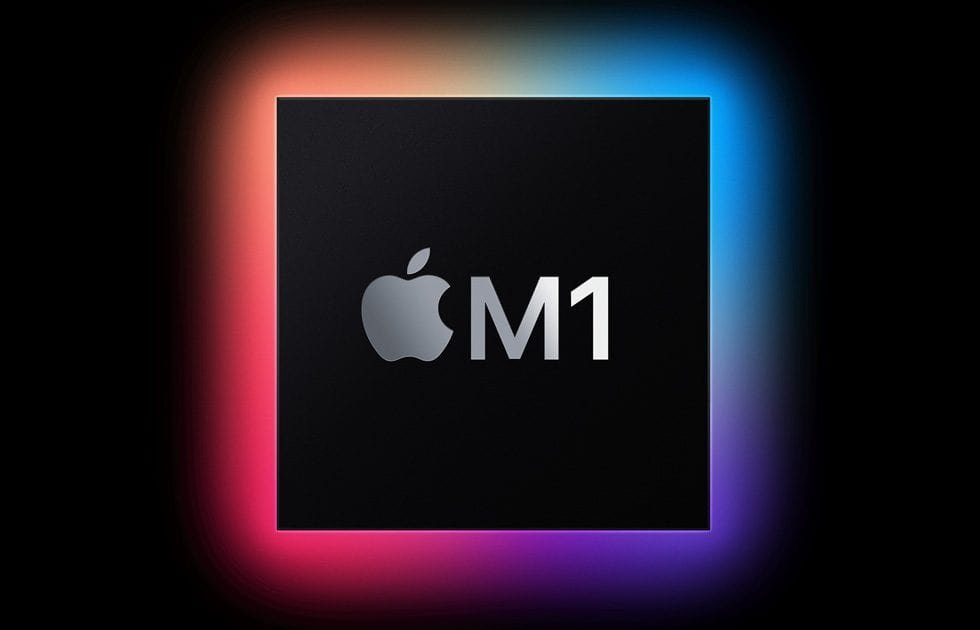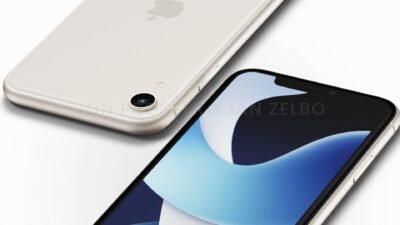Apple Will Switch From Intel To M-Chips By 2022

Apple should be able to complete the transition from Intel systems to Macs with M1 (X) chips by the end of 2022. Well-informed analysts are currently assuming this. Desktop PCs such as the iMac (Pro) and Mac Pro are also expected to keep their distance from Intel processors in the next year.
In November 2020, Apple’s transition from notebooks and desktops with Intel chips to new Mac generations with its own ARM-based silicon began. To date, the MacBook Air, the entry-level configurations of the MacBook Pro, the more compact 24-inch iMac and the iPad Pro has been shipped with the so-called Apple M1 chip. As Bloomberg reporter Mark Gurman predicts in his latest newsletter, Cupertino, California, is working flat out to adhere to the self-imposed time frame of two years, so that by the end of 2022 they will rely almost exclusively on their own processors.
MacBook Pro, Mac Mini, iMac Pro and Mac Pro are next in line
Gurman emphasizes again that the next products with an improved Apple M1X chip will be presented as early as autumn this year. Above all, a high-performance MacBook Pro in a slightly refreshed design including mini LED displays in 14-inch and 16-inch format is expected. The new high-end laptops could be launched between September and November. The MacBook Pro lineup is to be followed by a new Mac Mini, which was part of the first Apple M1 product wave last year and is now expected to benefit from the possible M1X chip in the near future.
According to rumors, Apple is likely to concentrate on a redesign of the MacBook Air for the time being, for which an M1X configuration would also come into question. By the end of 2022, the US manufacturer should also have set itself the goal of coping with the transition from Intel processors to the Apple M1X or even the M2 in the area of the larger iMac (Pro) models and the Mac Pro. For the latter, a more compact case (e.g. Mac Mini Pro) should continue to be planned.
Despite the positive trend of the Apple Silicon, one could still encounter Intel chips in the professional Mac Pro segment in order to further delay the switch for users with specialized software. After all, one works in this area with various film studios and the like, which makes the transition from the programs customary in the industry much more slowly.
Digital marketing enthusiast and industry professional in Digital technologies, Technology News, Mobile phones, software, gadgets with vast experience in the tech industry, I have a keen interest in technology, News breaking.












